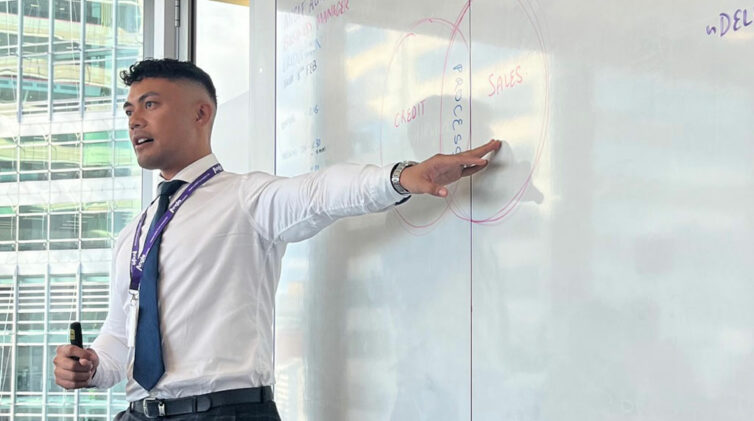Cargo areas tend to be raw painted metal or lined with timber. Recently, coloured plastic sheeting has become a replacement for plywood. It is resistant-to-mould, rot, rust and chemicals and, at the end of its long life, is 100 per cent recyclable. It is also cheaper.
The linings are made of Akyboard, a polypropylene sheet made by French company Corplex.
Australian importers, distributors and installers of the plastic van liners, Motexion, said that the change away from plywood coincided with the Russian invasion.
“We couldn’t get hold of the plywood for the linings because all the timber comes from Siberia,” said Motexion owner Jan Eveleens.
“The timber we use for the linings has been scarce for about a year and a bit and then what was available was bought by US firms, so everybody started looking at alternatives.
“Now, the plastic linings are so more durable, better looking and recyclable that it is very unlikely we’d ever go back to timber,” he said.
For the van owner, the plastic has significant advantages including better wear characteristics and resistance to absorbing liquids, staining and trapping odours – important for food service deliveries.
It has also been selected for use by mobile dog-wash businesses, camper vans and caravans, as well as in locations of high humidity such as the Northern Territory, north-east WA and Far North Queensland, where mould caused by moisture is a problem for timber-lined vehicles.
“The plastic is also significantly lighter,” Mr Eveleens said.
“For electric vans, that’s important. Any kilo is a killer, so every kilo of vehicle weight lowers the EV range. Plastic linings are lightweight and ideally suited to EVs which gives them another advantage over timber.
“Plastic has another advantage – you don’t have to wait for it to grow. You can make it whenever you need it.”
Aside from aftermarket businesses such as Motexion supplying these plastic linings, German car makers such as Volkswagen and Mercedes-Benz are using it in some of their European-made commercial vehicles.
Mr Eveleens said: “We are an importer and wholesaler and we deal with commercial vehicle distributors in Australia including Volkswagen, Renault, Iveco, Mitsubishi, LDV and others.
“That is the OEM side of the business. Then we wholesale to aftermarket companies including TJM and other vehicle accessory and installation businesses. And then we have our own retail market under the Motexion name.”
The majority of the plastic sheeting, which comes in various thicknesses, is used for the walls and ceiling of the cargo area and while plastic is also used for some applications, generally flooring remains the province of timber.
“The problem with a plastic floor is that it can collapse over time,” Mr Eveleens said.
“For small-weight applications it is fine, but for heavier cargo – including loading a pallet – it’s not suitable over a long period of time.”
Motexion supplies around Australia and also has a small export market to New Zealand, some Pacific nations and Singapore.
By Neil Dowling


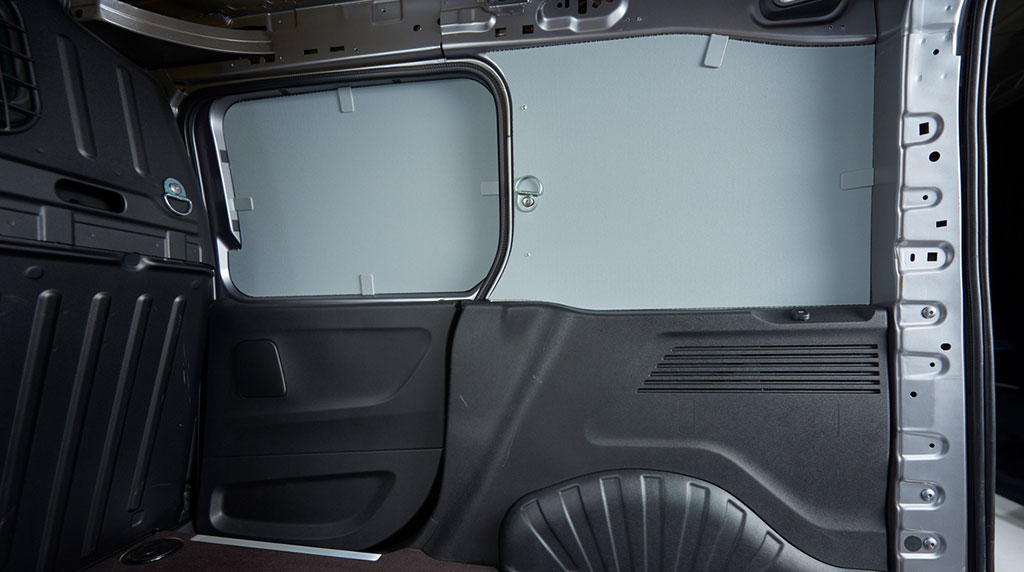

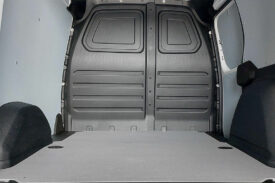
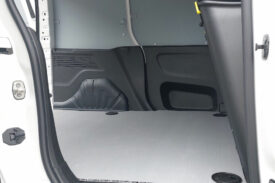

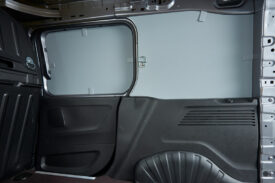













 Read More: Related articles
Read More: Related articles
